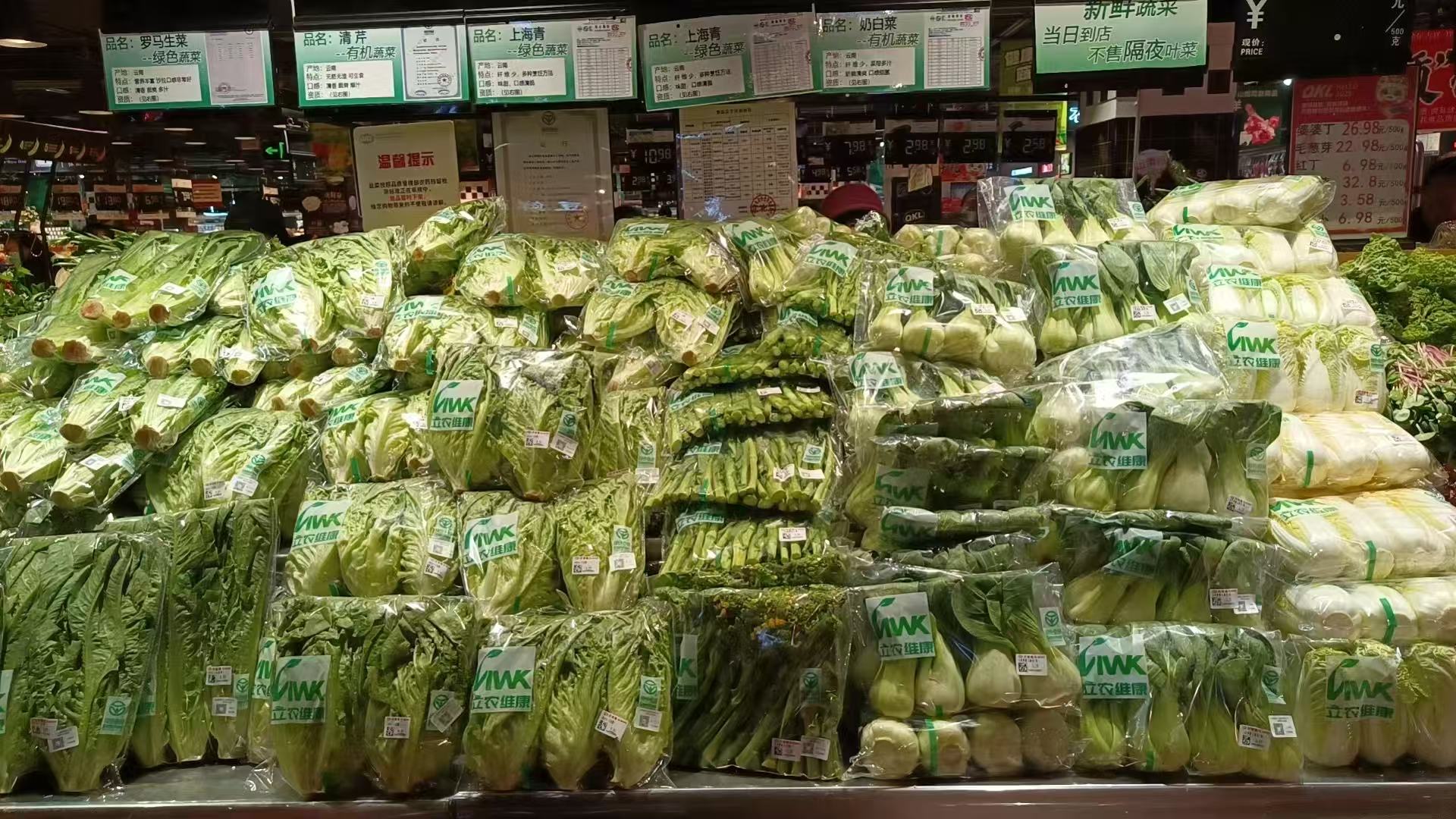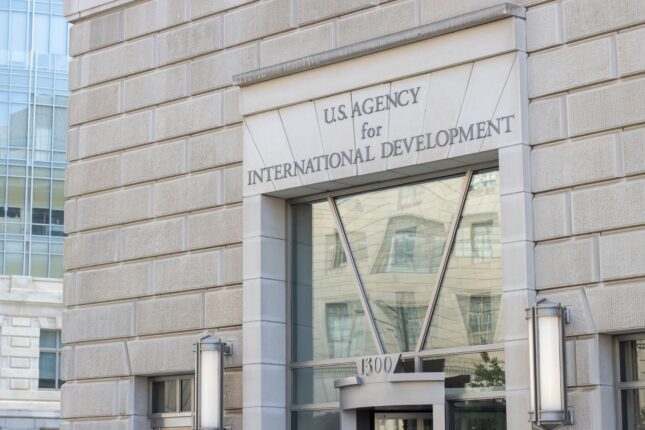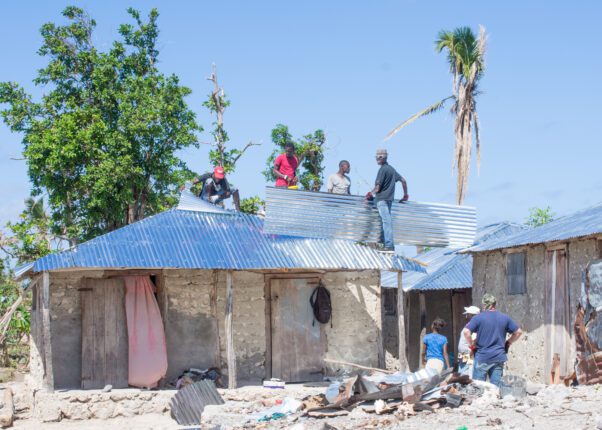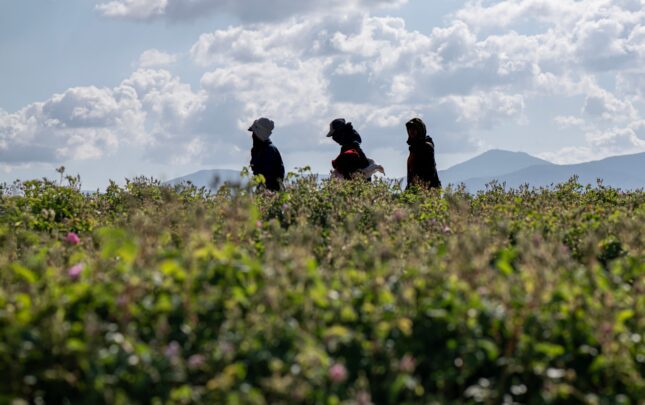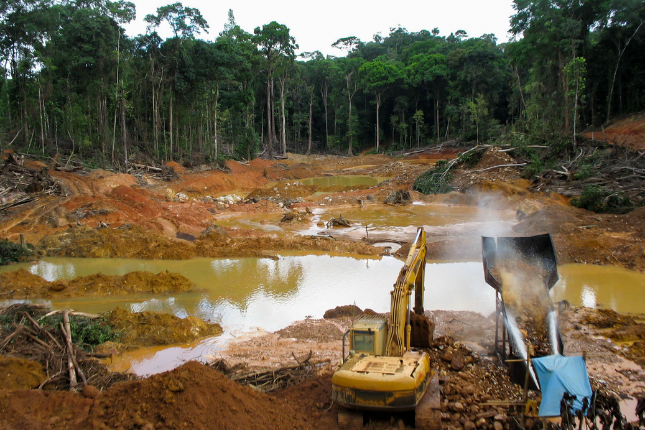-
Unwrapping the Cucumber: Q&A with Friends of Nature’s Jinghua Sun on the Hidden Crisis of Produce Plastic Packaging
›A few days ago, I bought a cucumber at the grocery store. Hermetically sealed in a layer of plastic as if bracing itself for interstellar travel rather than a trip to my kitchen, I struggled to open it, my patience thinning with the plastic. At one point I considered using my teeth. That’s when it hit me: was this really necessary?
-
Plotting the Future of U.S. Foreign Aid
›
When Secretary of State Marco Rubio formally declared the “era” of USAID over on March 28, 2025, it represented an extraordinary sea change for US foreign aid deployed over the past six decades.
Yet the world has changed dramatically since the U.S. Agency for International Development (USAID) was established by the Foreign Assistance Act of 1961 in the middle of the Cold War. So, there is every reason to thoughtfully consider what foreign aid should look like today as we navigate an era of Great Power Competition (GPC).
-
ECSP Weekly Watch | March 24 – 28
›
A window into what we’re reading at the Wilson Center’s Environmental Change and Security Program
Marine Protected Areas in Tanzania Boost Living Standards (Mongabay)
In the 1990s, Tanzania established five multiuse Marine Protected Areas (MPAs) to help the country protect 30% of its oceans by 2030. However, a new study has found that the MPAs offered benefits beyond marine ecosystems by also improving the quality of life in nearby communities.
-
In the Wake of a Tropical Cyclone: Turning to Violence or Building Peace?
›
“It seems like the news is always bad, right?” observed retired climate and atmospheric scientist James Kossin in a BBC interview last autumn.
Kossin was describing how climate change is weakening the wind shear patterns that have helped lessen the impacts of tropical cyclones in the United States. And, indeed, there is mounting evidence for his observation.
-
ECSP Weekly Watch | March 17 – 21
›
A window into what we’re reading at the Wilson Center’s Environmental Change and Security Program
Canal Projects Endanger Water Security in Pakistan’s Indus Delta (Al Jazeera)
Dozens of villages in the Indus Delta have been submerged by the encroaching sea over recent years, pushing thousands to migrate inland. Now, local residents in Pakistan fear that new canal projects may further exacerbate water shortages in the region.
-
Can Climate-Resilient Agriculture Become an Engine for Syria’s Post-Conflict Recovery?
›
Syria finds itself at a crossroads. Faced with the imminent need to prevent a relapse into renewed short-term insecurity, its government also must start to develop longer-term strategies to support recovery.
Generating peace dividends for Syria’s embattled population requires confronting the ecological threats which currently undermine basic human security across the country. Nowhere do these threats emerge more prominently than in its agricultural sector. Ensuring that this essential sector lives up to its potential as an engine for economic stabilization and peace will require a set of targeted – and climate-sensitive – investments and interventions.
-
Environmental Peacebuilding: The Year in Review and the Year Ahead
›
As 2025 marches into its third month, the governance challenges that accompany rising demand for natural resources are not only on the front burner—they are proliferating—and becoming entangled with the drivers of conflict and cooperation.
The heated competition for resources has bubbled up in a proposed billion-dollar deal for Ukrainian minerals now making global headlines. The view that critical minerals like lithium, manganese, and others could become bargaining chips in potential peace talks demonstrates how central they’ve become to global competition—and to the economic and political future of countries around the world.
-
ECSP Weekly Watch | March 10 – 14
›
A window into what we’re reading at the Wilson Center’s Environmental Change and Security Program
Congo Takes Apple to Court (Foreign Policy)
The Democratic Republic of the Congo has filed criminal lawsuits against Apple subsidiaries in France and Belgium, alleging that the company profits from smuggled conflict minerals laundered through Rwanda. This legal action follows the seizure of key mining areas by M23 rebels, which has further fueled a conflict that already has killed over 8,500 people. Apple denies the claims, stating that it ordered its suppliers to suspend sourcing from Congo and Rwanda.
Showing posts from category *Main.


